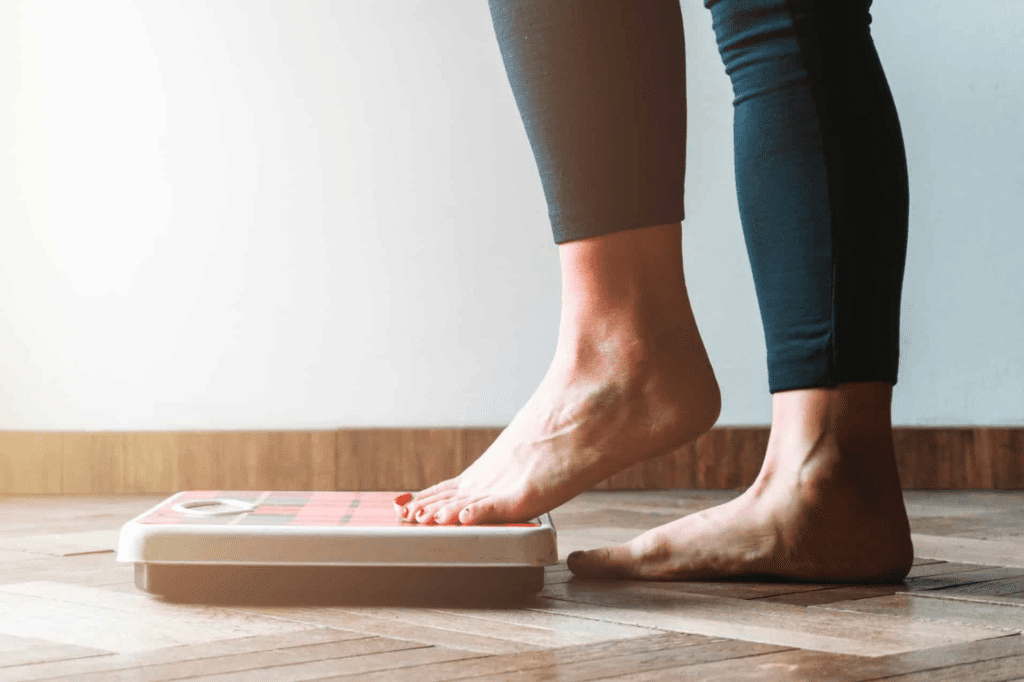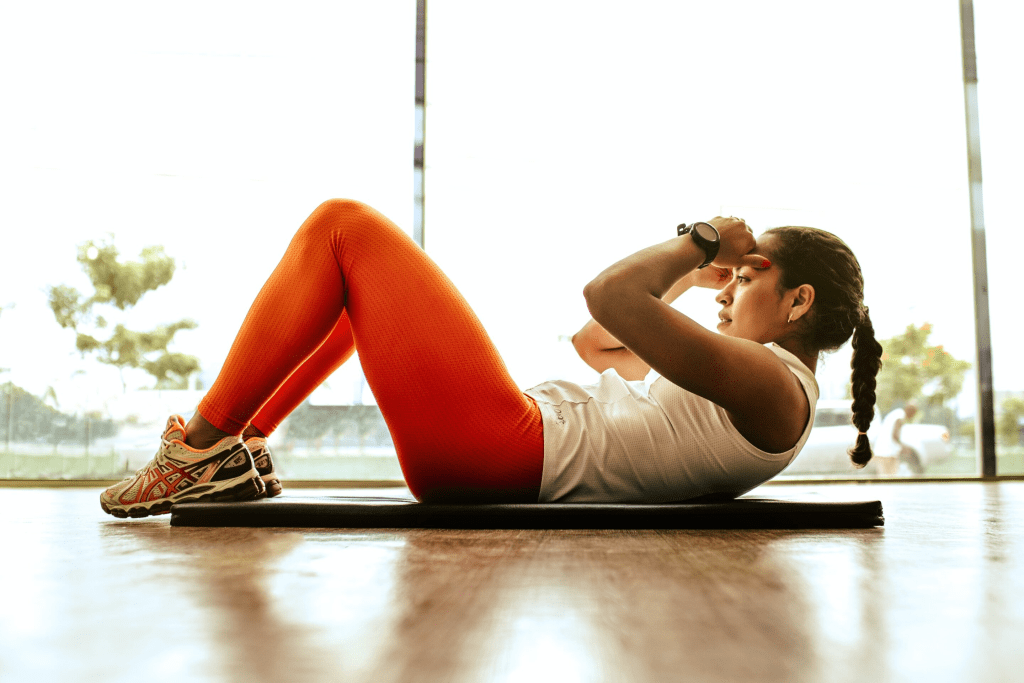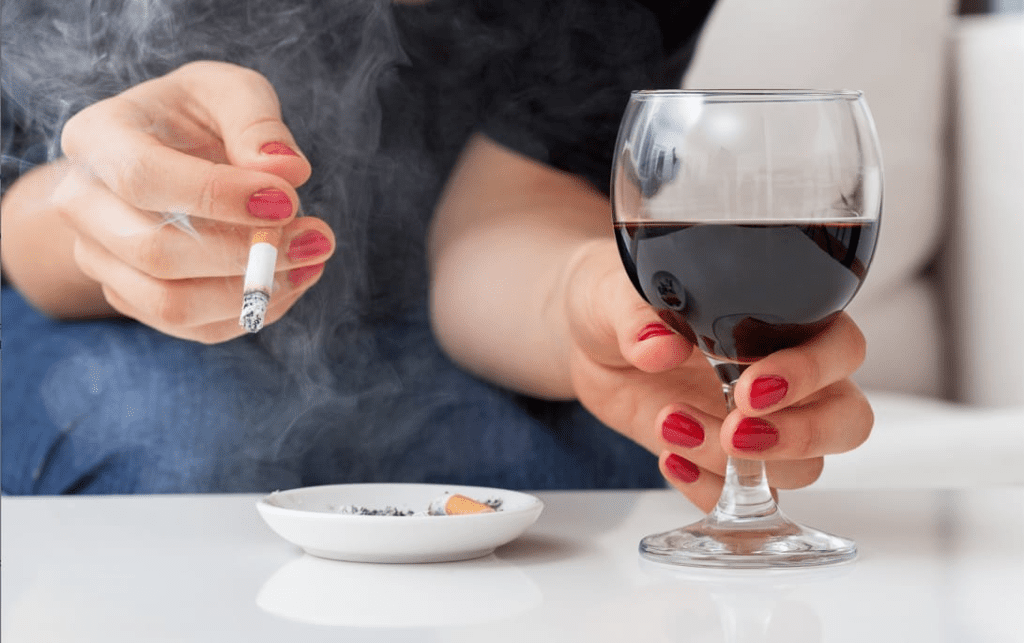High blood pressure, also known as hypertension, is a silent threat that increases the risk of heart disease, stroke, and other serious health complications. While medication can help manage it, making lifestyle changes can be just as effective—if not more—in maintaining healthy blood pressure levels.
Dr. Chet Bunyawongwirot, Deputy Director of Maharat Nakhon Ratchasima Hospital, shared five science-backed methods to lower blood pressure naturally without relying on medication. If followed consistently, these habits can improve your cardiovascular health and show noticeable results in just three months.
Why High Blood Pressure is Dangerous

Many people don’t realize they have high blood pressure because it often doesn’t show symptoms until it causes severe damage. Over time, uncontrolled hypertension puts excessive strain on the heart, arteries, and other organs, increasing the likelihood of heart attacks, kidney failure, and strokes.
But here’s the good news: by making small, sustainable lifestyle changes, you can lower your blood pressure and improve your overall health without relying on medication. Let’s explore these five effective methods.
1. Reduce Sodium Intake: The Hidden Salt Problem
Most people know that eating salty foods can raise blood pressure, but did you know that sodium is hidden in almost everything you eat? Even if you don’t sprinkle salt on your meals, you could still be consuming excessive sodium from processed foods.
Video : Lower Blood Pressure NATURALLY: Doctor Explains
Where is Sodium Hiding?
- Processed meats like sausages and bacon
- Instant noodles, canned soups, and frozen meals
- Packaged snacks, chips, and crackers
- Sauces and condiments like soy sauce, ketchup, and salad dressings
How to Reduce Sodium for Lower Blood Pressure
- Read food labels and choose low-sodium alternatives.
- Use natural herbs and spices like garlic, lemon, and black pepper instead of salt for flavor.
- Avoid processed foods and cook fresh meals at home whenever possible.
- Drink plenty of water to flush excess sodium from your body.
2. Lose Weight: Even a Small Reduction Helps
Excess weight puts extra strain on your heart and increases blood pressure. Losing just 5-10% of your body weight can make a significant difference.

Dr. Chet shared his own experience—he weighed 110 kilograms and struggled with high blood pressure. After losing just 10 kilograms, his blood pressure dropped from 140/90 to 120/80, a major improvement.
How Weight Loss Lowers Blood Pressure
- Reduces strain on the heart, making it easier to pump blood.
- Lowers insulin resistance, which is linked to hypertension.
- Decreases inflammation and improves overall heart function.
Tips for Sustainable Weight Loss
- Set a realistic goal—aim to lose 2-3 kilograms per month.
- Eat complex carbs like whole grains and fiber-rich foods.
- Reduce refined sugar and processed foods.
- Incorporate lean protein sources to keep you full longer.
3. Exercise Regularly: Move More, Stress Less

Exercise isn’t just for losing weight—it’s a natural way to expand blood vessels, lower blood pressure, and strengthen the heart. Even moderate physical activity can make a big difference.
Best Exercises for Blood Pressure Control
- Brisk walking (30-45 minutes per day)
- Cycling or swimming for heart-friendly cardio
- Strength training to improve circulation
- Yoga and stretching to reduce stress-related hypertension
Dr. Chet emphasizes that you don’t have to start with intense workouts. Even small changes, like taking the stairs instead of the elevator or walking after meals, can help lower blood pressure gradually.
4. Manage Stress & Improve Sleep
Stress and sleep deprivation are major triggers for high blood pressure. When you’re stressed, your body releases cortisol and adrenaline, which cause your heart rate to spike and your blood vessels to tighten. Over time, this leads to chronic hypertension.
Video : Natural Ways To Lower Blood Pressure
How to Reduce Stress for a Healthier Heart
- Practice deep breathing or meditation for 5-10 minutes daily.
- Listen to calming music to lower cortisol levels.
- Engage in relaxing hobbies like reading, gardening, or journaling.
- Avoid negative news and excessive social media consumption.
Sleep Better, Live Longer
Not getting enough sleep (less than 6 hours per night) has been linked to high blood pressure.
- Maintain a consistent sleep schedule—go to bed and wake up at the same time.
- Avoid blue light from screens (phones, tablets, computers) at least 1 hour before bedtime.
- Keep your bedroom cool, dark, and quiet for quality sleep.
5. Quit Smoking & Limit Alcohol Intake

If you smoke or drink alcohol frequently, your risk of high blood pressure, heart disease, and strokes skyrockets.
Why Smoking is Dangerous for Blood Pressure
- Nicotine narrows blood vessels, making it harder for blood to flow.
- Increases heart rate and blood pressure immediately after smoking.
- Leads to arterial hardening, which can cause heart disease.
The Truth About Alcohol & Hypertension
Many people believe red wine is good for the heart, but if you have high blood pressure, alcohol should be limited.
- Excessive drinking raises blood pressure and damages blood vessels.
- Drinking less (or not at all) can help lower blood pressure naturally.
Best approach? Quit smoking immediately and reduce alcohol intake to zero or an occasional drink in moderation.
Final Thoughts: Small Changes, Big Results
Lowering blood pressure doesn’t require extreme measures—it’s all about consistent lifestyle changes. By reducing sodium, maintaining a healthy weight, staying active, managing stress, and cutting out harmful habits, you can improve your heart health in as little as three months.
But here’s a critical reminder: Never stop taking your prescribed medication without consulting your doctor. While these methods help reduce reliance on medication, sudden withdrawal can be dangerous.
Are you ready to take control of your blood pressure naturally? Start with one small habit today and build from there. Your heart—and your future self—will thank you!


